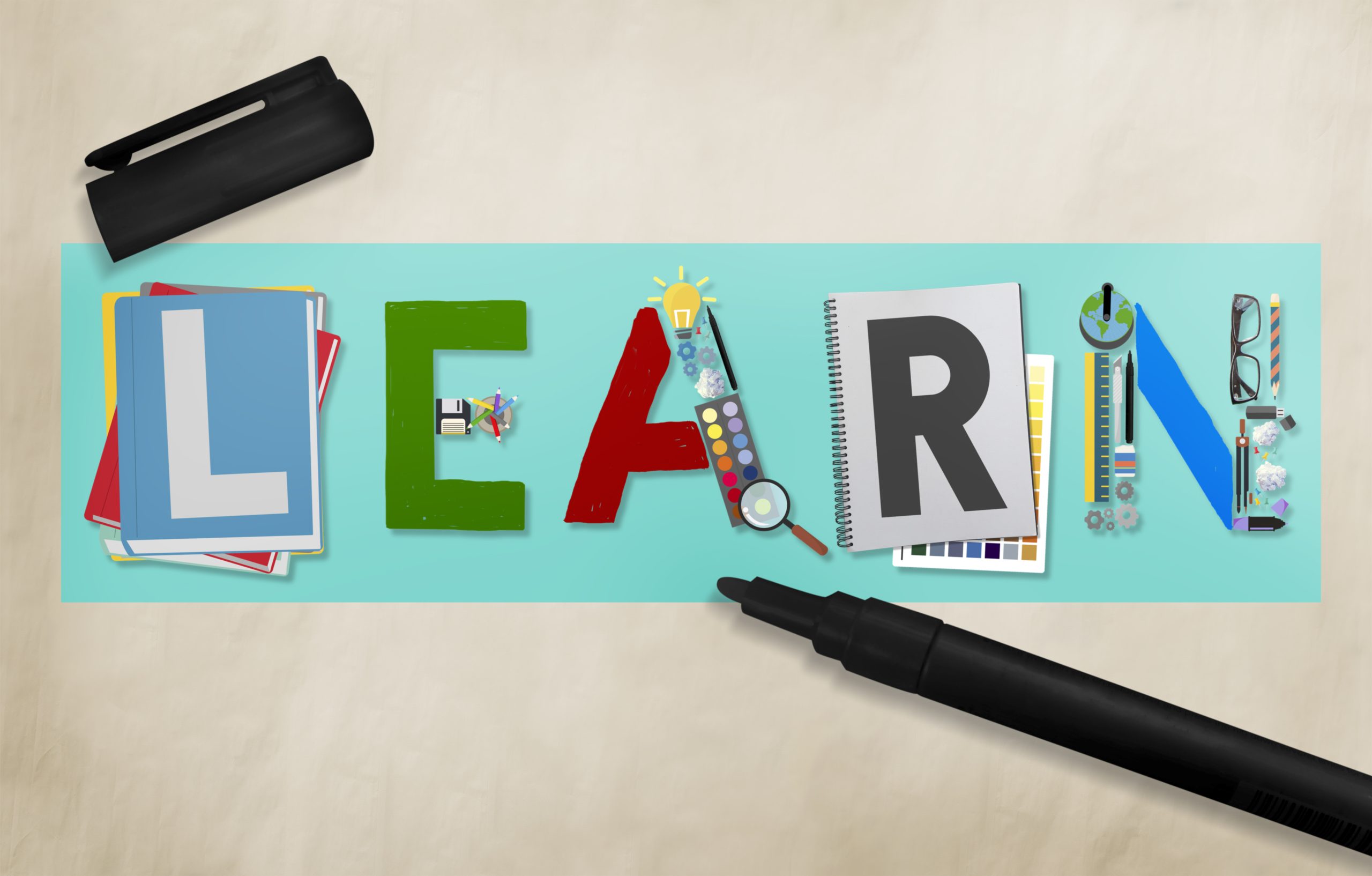Learning in the Fast Lane: How to Stay Ahead in Today’s Educational Race
Learning in the Fast Lane: How to Stay Ahead in Today’s Educational Race
Introduction
In a world where change is constant, the educational landscape is evolving at an unprecedented pace. The need for continuous learning has never been more apparent. This article explores strategies to stay ahead in today’s educational race, navigating the fast lane of information and skill acquisition.
The Fast Lane: Adapting to Change
Embracing Technological Advancements
Technology is a driving force in modern education. Embrace the latest tools and platforms to enhance your learning experience. Whether it’s virtual reality simulations or AI-driven adaptive learning, staying tech-savvy is crucial.
Developing a Growth Mindset
The fast lane requires a mindset geared towards growth. Embrace challenges as opportunities to learn and improve. A growth mindset fosters resilience, adaptability, and a love for continuous learning.
Tools for Efficient Learning
Online Courses and Platforms
The internet offers a wealth of knowledge through online courses and platforms. From MOOCs to specialized courses on platforms like Coursera and edX, leverage these resources to expand your skill set.
Educational Apps and Resources
Mobile apps provide bite-sized learning opportunities. Explore educational apps that align with your interests and goals. Whether it’s language learning, coding practice, or scientific exploration, there’s an app for every learner.
Networking and Collaboration
Importance of Building a Professional Network
Networking is not just for professionals; it’s equally vital for learners. Build connections with peers, mentors, and industry professionals. Networking opens doors to collaborative projects, shared insights, and valuable guidance.
Collaborative Learning Opportunities
Learning doesn’t have to be a solo journey. Collaborate with fellow learners on projects, discussions, and study groups. Collective knowledge and diverse perspectives enrich the learning experience.
Time Management Strategies
Prioritizing Tasks and Goals
Effectively manage your time by prioritizing tasks and setting realistic goals. Break down larger goals into manageable steps. This approach ensures steady progress without feeling overwhelmed.
Effective Study Habits
Discover your optimal study habits. Whether it’s early morning focus sessions or late-night reflections, find a routine that suits your learning style. Experiment with techniques like the Pomodoro method for enhanced productivity.
Balancing Act: Work, Life, and Learning
Strategies for Work-Life-Learning Balance
Balancing work, personal life, and learning is challenging but essential. Create a schedule that accommodates all aspects of your life. Set boundaries, and remember that balance is a continuous adjustment.
Overcoming Burnout
The fast lane can lead to burnout if not navigated carefully. Recognize signs of burnout and take breaks when needed. Incorporate activities you enjoy to maintain a healthy work-life-learning equilibrium.
Staying Informed: Continuous Research
Keeping Abreast of Industry Trends
Stay informed about the latest trends in your field. Subscribe to industry publications, follow thought leaders on social media, and attend conferences. Continuous research ensures you remain relevant and knowledgeable.
Engaging in Lifelong Learning
Learning doesn’t end with a degree or certification. Cultivate a habit of lifelong learning. Seek out new topics, explore different domains, and embrace a curious mindset throughout your educational journey.
Soft Skills: The Unseen Advantage
Developing Communication Skills
Effective communication is a soft skill that complements technical expertise. Hone your written and verbal communication skills to convey ideas clearly. Strong communicators stand out in any field.
Enhancing Critical Thinking
Critical thinking is the ability to analyze information objectively. Cultivate this skill through activities that challenge your assumptions. Engage in debates, solve complex problems, and seek diverse perspectives.
Mentorship and Guidance
The Role of Mentors in Learning
Mentors provide valuable insights and guidance based on their experience. Seek mentors who align with your goals and values. Their wisdom can significantly accelerate your learning journey.
Seeking Guidance from Experts
Beyond formal mentorship, don’t hesitate to seek guidance from experts in your field. Attend workshops, webinars, or reach out via professional networks. Most experts are willing to share their knowledge with passionate learners.
The Power of Reflection
Learning from Mistakes
Mistakes are part of the learning process. Instead of fearing them, embrace mistakes as opportunities to grow. Reflect on your experiences, identify lessons, and apply them to future endeavors.
Self-Reflection for Personal Growth
Regular self-reflection fosters personal growth. Set aside time to assess your progress, strengths, and areas for improvement. Adjust your learning strategies based on these reflections.
Leveraging Online Communities
Participating in Forums and Discussions
Online communities provide a platform for interactive learning. Engage in forums, discussion boards, and social media groups related to your field. Exchange ideas, seek advice, and learn from the experiences of others.
Learning from Peers
Peers can be powerful sources of learning. Share experiences, collaborate on projects, and learn from each other’s perspectives. Peer learning creates a supportive environment that enhances the overall learning experience.
Setting and Achieving Goals
SMART Goals for Educational Success
Set Specific, Measurable, Achievable, Relevant, and Time-bound (SMART) goals. Clearly defined goals provide direction and motivation. Regularly reassess and adjust your goals as your educational journey progresses.
Celebrating Milestones
Acknowledge and celebrate your achievements, no matter how small. Milestones signify progress and are essential for maintaining motivation. Share your successes with your network and use them as stepping stones for future endeavors.
Overcoming Challenges
Addressing Common Learning Obstacles
Challenges are inevitable. Identify common learning obstacles and develop strategies to overcome them. Whether it’s procrastination, self-doubt, or external pressures, proactively address challenges to stay on course.
Resilience in the Face of Setbacks
Resilience is the key to overcoming setbacks. View challenges as opportunities to build resilience. Learn from setbacks, adapt your approach, and continue the journey with newfound strength.
The Future of Education
Trends Shaping the Educational Landscape
Stay informed about the future of education. Explore emerging technologies, pedagogical approaches, and global trends. Being aware of the evolving landscape positions you to adapt and thrive in the educational future.
Preparing for Tomorrow’s Challenges
Anticipate future challenges and proactively prepare for them. Whether it’s upskilling in emerging technologies or embracing new teaching methodologies, proactive preparation ensures you remain at the forefront of educational advancements.
Conclusion
In the fast lane of education, staying ahead requires a multifaceted approach. Embrace change, leverage technology, build networks, and continuously reflect on your learning journey. The educational race is not a sprint but a marathon, and success comes to those who navigate it with resilience and a thirst for knowledge.
FAQs
- How can I balance work, life, and learning effectively?
- Establish a schedule, set priorities, and take breaks to maintain a healthy balance.
- What role do mentors play in the learning process?
- Mentors provide guidance, share insights, and accelerate your learning journey with their experience.
- Why is continuous learning important in today’s fast-paced world?
- Continuous learning ensures relevance, adaptability, and personal growth in a rapidly changing environment.
- How can I overcome burnout while pursuing continuous learning?
- Recognize burnout signs, take breaks, and incorporate activities you enjoy to prevent burnout.
- What soft skills are crucial for success in the educational race?
- Effective communication, critical thinking, and resilience are essential soft skills for educational success.





